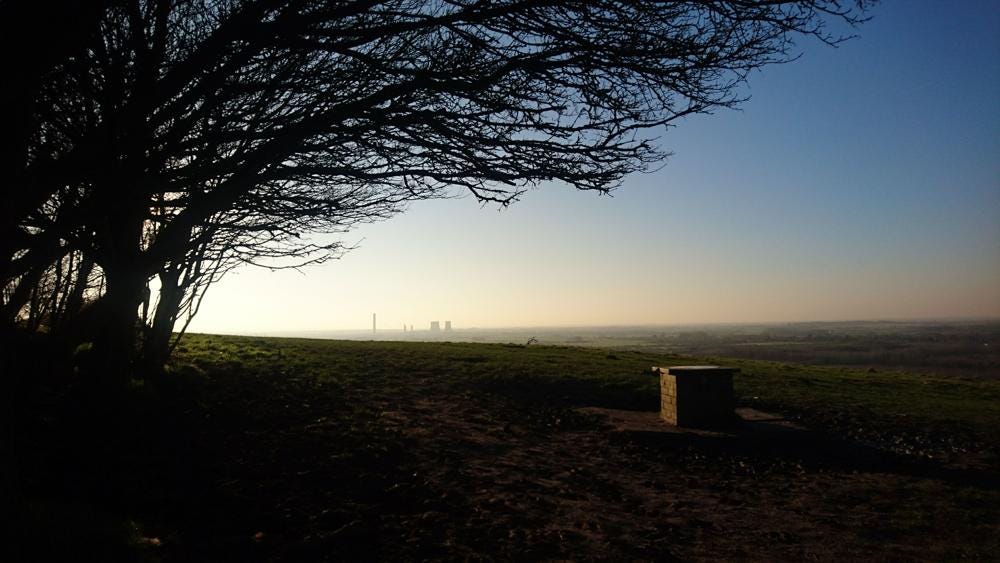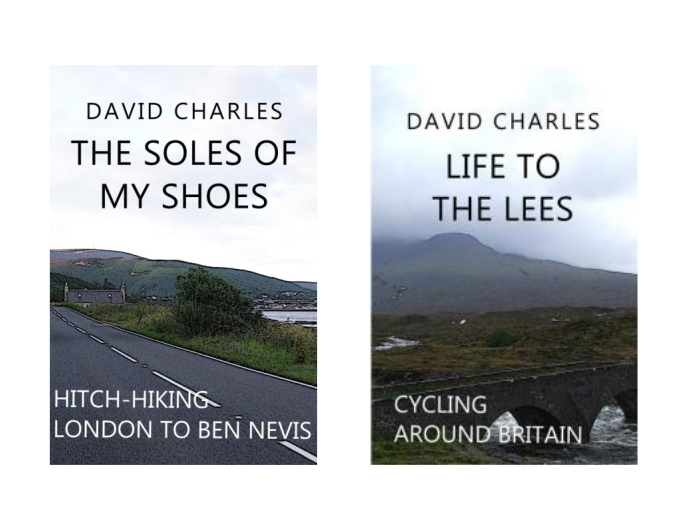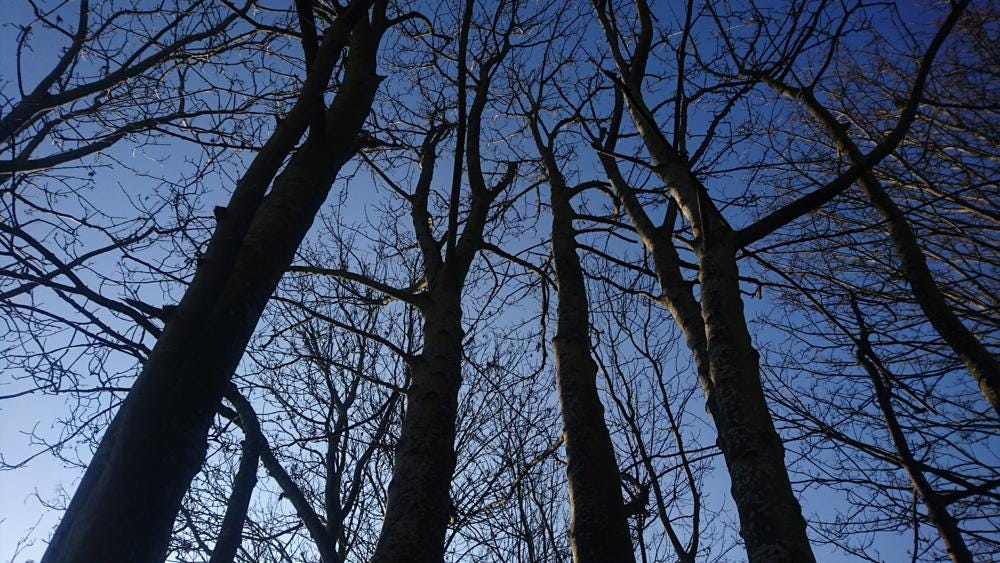Do you want Digital Minimalism?

Happy Friday!
This week I believe in Digital Minimalism.
Not using computers for one day a week is fine as far as it goes, but it can't go particularly far when you earn your crust within the confines of the information economy.
So what are we to do the other 6 days a week?
After devouring the excellent Digital Minimalism by Cal Newport, I've been flush with ideas.
I've written before about what I call minimum viable technology, but Cal puts it nicely:
'The power of a general-purpose computer is in the total number of things it enables the user to do, not the total number of things it enables the user to do simultaneously.'
I found Cal's most effective recommendation was using an app called Freedom to set boundaries on the multi-tasking powers of my technology.
With Freedom I can set an automated schedule of when I'm able to check email and Whatsapp, the two major distractions from focused time in my life.
Rather than slavishly checking for superficial social interactions every five or twenty minutes, I can corral those messages into fenced-off playgrounds of digital distraction. But the playground is only open for an hour in the afternoon.
The app works across devices as well. Using Freedom I can turn my smartphone in to a single-use dumb phone at the touch of a button. I can even have the smartphone capabilities turned off by default.
The feeling is indeed one of liberation; no wonder the app is called Freedom.
If you have any sense that your devices are distracting you from the deep work that you value, I urge you to give Freedom a whirl. It is free to try, but a year's subscription is only £13 if you use the code FOCUS40.
5 Ideas from Digital Minimalism
1. Swap phones.
When you're with a friend, swap phones so neither of you can be lured away to the dreaded 'third place'. Your phones are still there in an emergency, but the embarrassment of asking for your device just so that you can crush some candy will be too much.
2. Spend time alone.
Solitude is vital to our emotional balance and too little time alone leaves us feeling anxious. Finding solitude doesn't mean ship-wrecking yourself on a desert island; you can find solitude in a busy coffee shop. Solitude is simply time spent without input from other minds. Leave your phone at home. Take a long walk. Write.
3. Use digital to facilitate real world comms.
Social media, email and messaging is not an adequate replacement for social interaction, but our brains can be fooled into thinking it is. Set up a meeting on the phone or in person.
4. Hold conversation office hours.
Tell your friends and family that you're always free to speak on the phone at X o'clock - and be available at that time. When someone 'pings' you a text message or email, invite them to call you at X o'clock any day of the week. Alternatively, set up a regular time for taking coffee or a walk and invite anyone and everyone to drop by.
5. Prioritise strenuous leisure activities over passive consumption.
Activity gives you more energy, not less. When you're tired, simply switch task. Use skills to produce valuable things in the physical world. Become 'handy'. Join or set up a club, community group or meeting.
If you like this sort of thing, then you'll probably also like my back catalogue of over 500 posts, all found at davidcharles.info.
'SYLVA'
It is natural for a man to feel an aweful and religious terror when placed in the centre of a thick wood. John Evelyn (1664)

I'm now a qualified Lowland Walk Leader. I'm not quite sure what to do with such a lofty honour, but I'm looking forward to exploring the possibility of spending more time, and earning more of my income, out of doors.
I've learnt a lot over the last few months: I can usually hold a map the right way around, I can sometimes even identify where I'm standing, and, most proudly of all, I can occasionally identify an ash tree.
The photo is of a veteran beech that stands on Castle Hill of Wittenham Clumps. It's known as The Poem Tree for the 1844 inscription around its trunk.
The poem casts an eye over the sprawling history seen from the hilltop, concluding in a Shelleyan vein:
Such is the course of time, the wreck which fate,
And awful doom award the earthly great.

I've published 5 books, including stories of hitch-hiking from London to Ben Nevis, and cycling 4,110 miles around Britain. Visit my tiny book shop.
The ebooks are Pay What You Want, so you choose the price tag. Can't say fairer than that.
Gosh, is that the time?
I'll leave you with a little rejection therapy (check this intro from Jia Jiang if you're catching up). Last Sunday I went into Oxford and spent the sunny afternoon walking around with a friend and becoming a little more comfortable and confident with rejection.
Highlights:
Asking a stranger on the high street whether I had anything in my teeth. I didn't.
Asking our cafe server whether they did free hot water refills. She said yes - but her boss turned around and corrected her. Darn!
Speaking to 13 different people and not one of them punched me in the face.
May we all have the confidence to invite strangers into our lives.
Much love,
- dc

CREDITS
David Charles wrote this newsletter. David is co-writer of BBC Radio sitcom Foiled, and also writes for The Bike Project, Elevate and Thighs of Steel. He can be found at davidcharles.info and no longer on Twitter.

WORD OF THE WEEK
DIOECIOUS
1. Botany. Of plants: Having the unisexual male and female flowers on separate plants.
2. Zoology. Having the two sexes in separate individuals; sexually distinct.
Like the ash tree, and the homo sapiens.


